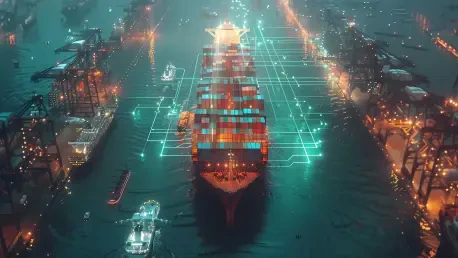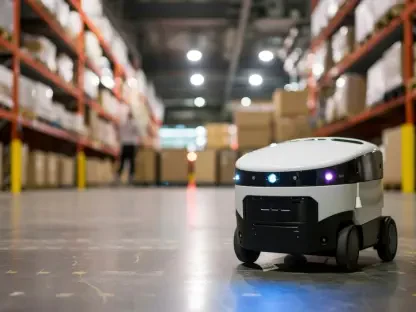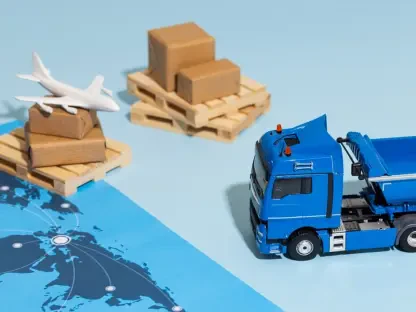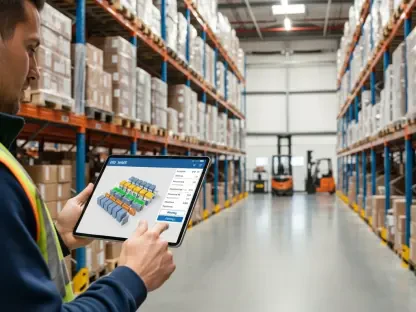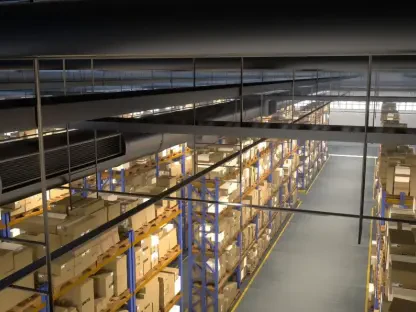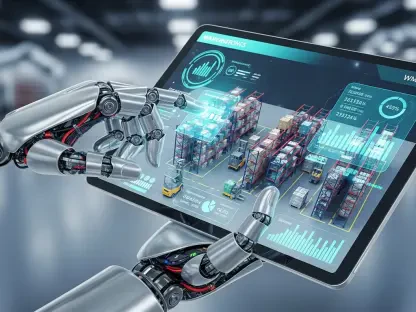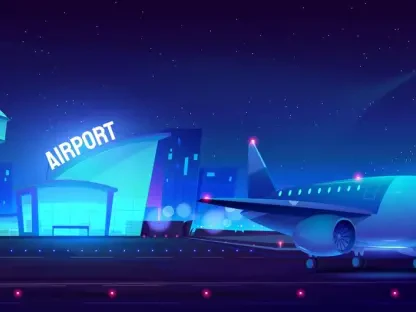In today’s fast-evolving marine industry, digital technologies are playing a pivotal role in transforming traditional practices into cutting-edge operations. To discuss these developments, we spoke with Rohit Laila, an experienced professional in logistics, with a keen interest in marine technology and innovation. With decades of experience, Rohit provides valuable insights into the integration of digital technology in the marine sector and discusses how these advancements are reshaping the industry.
Can you explain the current transformation happening in the marine sector due to digital technologies?
The marine sector is experiencing a monumental shift driven by digital technologies. Traditionally reliant on human skill and conventional navigation, these technologies are helping in everything from optimizing efficiency to enhancing safety protocols. We’re seeing a substantial move toward a more automated industry, which is also prioritizing sustainability and environmental considerations. This transformation is foundational to supporting global trade and ensuring marine industry practices evolve alongside societal progress.
How are maritime professionals responding to these technological innovations?
It’s fascinating to see how maritime professionals have embraced these changes. According to recent studies, about 78% of the workforce is optimistic about these innovations, recognizing their potential to improve operations significantly. They’re acknowledging the critical role technology plays, especially as we work toward achieving carbon emissions targets, with around 80% understanding its importance. This forward-thinking attitude is essential for the continued advancement of our industry.
What role does artificial intelligence (AI) play in reshaping the marine industry?
AI has become a transformative force within the marine sector. Whether it’s optimizing routes or predicting maintenance needs, AI drastically enhances operational efficiency. The maritime AI market has seen a near tripling in size recently, indicating robust growth and investment. For instance, AI systems are instrumental in predictive maintenance strategies, where they help in reducing vessel downtime by efficiently forecasting equipment malfunctions. These proactive measures significantly slash costs and increase the reliability of maritime operations.
How are AI-driven systems enhancing safety in the maritime sector?
Safety is a critical area where AI systems truly shine. By monitoring and analyzing maritime conditions in real-time, AI can predict hazards like extreme weather or possible equipment failures. This proactive approach enables quicker and more informed decision-making, reducing the likelihood of accidents at sea and ensuring the safety of crew members and vessels. It’s a crucial step forward in creating a safer marine environment.
What are autonomous ships and how are they impacting the maritime sector?
Autonomous ships signify a groundbreaking shift in maritime navigation. These vessels operate with little to no human intervention, using advanced AI and GPS systems, which helps in significantly reducing human error. The market for autonomous ships is projected to reach $126.63 billion by 2030, reflecting their growing importance. They promise cost savings by reducing the need for a full crew while navigating more efficiently. The Yara Birkeland is a prime example, being the first zero-emission autonomous vessel, marking an important milestone in maritime innovation.
How is robotics being incorporated into maritime operations?
Robotics have started playing a vital role in marine operations, especially in underwater tasks. Remotely Operated Vehicles (ROVs) and underwater drones are frequently used for infrastructure inspections, such as checking pipelines and oil rigs. These robots can undertake tasks deemed too dangerous or expensive for human divers, enhancing operational safety and reducing risk significantly, which makes them a valuable asset in maritime operations.
How does blockchain technology transform the marine sector’s operations?
Blockchain technology is revolutionizing how cargo shipments and transactions are managed. Its decentralized nature ensures a transparent and immutable ledger, allowing real-time data sharing amongst all involved parties—be it shipowners or customs agents. This transparency greatly reduces issues of fraud, miscommunication, and lost cargo. Blockchain also introduces smart contracts, which streamline operations by automatically executing trades when predefined conditions are met, reducing delays and increasing trust across the supply chain.
What is the Internet of Things (IoT), and how is it creating a smart shipping ecosystem in the marine industry?
The Internet of Things (IoT) is pivotal in creating a connected ecosystem in maritime operations. By embedding sensors across vessels, ports, and cargo, IoT allows for real-time monitoring of various factors including vessel conditions and cargo status. For example, IoT systems can track the temperature and humidity of perishable goods, ensuring optimal transport conditions. Smart ports use IoT to automate processes and improve supply chain efficiency, reducing congestion and expediting goods flow, as seen in advanced ports like Hamburg and Rotterdam.
How is the marine sector embracing sustainability and green shipping initiatives?
The marine industry is taking significant steps toward sustainability, with ambitious targets set by bodies like the International Maritime Organization (IMO) for reducing carbon intensity by 2030 and 2050. Digital technologies are crucial in reaching these goals. AI and IoT are being used to optimize fuel consumption and manage energy usage effectively. Additionally, digital twins offer the possibility to test and simulate operations before execution, enhancing energy efficiency. It’s a comprehensive effort to align maritime operations with global environmental standards.
Do you have any advice for our readers?
Absolutely. Stay informed and adaptable. The pace of technological advancement in sectors like ours is rapid and occasionally overwhelming, but the key is to continually educate oneself. Harnessing these technologies responsibly is an avenue not just for cost efficiency but also for creating a more sustainable industry. Engaging actively and understanding these changes will better position you as a leader in this evolving landscape.
